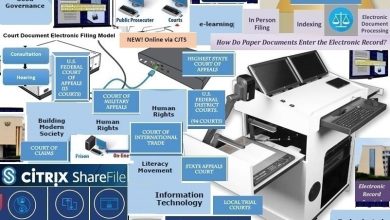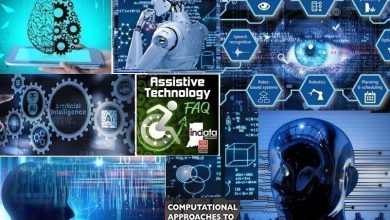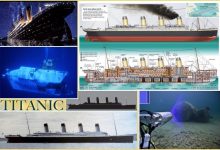
1. Please tell us a little bit about yourself and your work?
My name is Manuel Tarín Alonso, from Barcelona (Spain). Journalists, lawyer and affairs politics graduate. Creator of the international communication platform The Smart City Journal, a meeting point for cities, organizations and companies. president of Social Smart City Institut, non organization that from technology and innovation wants to help the most vulnerable groups.
2. What does it mean in particular that a city is “intelligent” (“smart”)?
Until recently, a smart city was one that sought to apply technology to its development. In other words, it was a problem and telecommunications and operator engineers. After the 2007 crisis, it became, by necessity, a political problem. And the politicians had to decide how technology could be used to make citizens live better.
3. What are the challenges for the city of the future and what solutions are needed?
The challenges after the coronavirus, nobody knows for sure. You have to see how the rulers react and how the citizens react.
In any case, the strategic vectors that define a smart city are:
- Smart Environment (climate change, waste and water management)
- Smart Mobility (Accessibility, Road infrastructure, transport and traffic, ICT connectivity and parking)
- Smart Governance (Geographic information, digital administration, strategic approach, transparency and participation
- Smart Economy (Tourism, consumption, digital companies, ecosystem of innovation and entrepreneurship
- Smart People (Citizen solidarity and digital inclusion)
- Smart Living (Health, education, culture and leisure, urban planning and housing, public infrastructure and urban facilities)
4. What are the technologies that make a smart city smart and innovative?
Today…
- Internet of Things. One of the great pillars for the immediate future of our urban environment is the Internet of Things. …
- Big Data. …
- Artificial Intelligence. …
- New Cloud systems. …
- Mobile technology and 5G. …
- New generation telecommunications networks
Tomorrow…????
5. In what ways will city dwellers enjoy a better quality of life and what benefits will a smart city offer them?
The Renaissance emerged in the streets of Florence, and the Industrial Revolution in Birmingham. The area occupied by cities represents only 2% of the planet, but requests up to 80% of all energy and produces 75% of carbon emissions.3.5M people, half of the worldwide population, live in cities.
In the cities is the future of the world and there may be a great demographic change. The correct application of technology, the transparency of politicians and the protection of entrepreneurs are the keys to that future.
6. Can you sum up the smart city of the future in three words?
Six words: City State (like Florencia); digital democracy and inclusive society.











